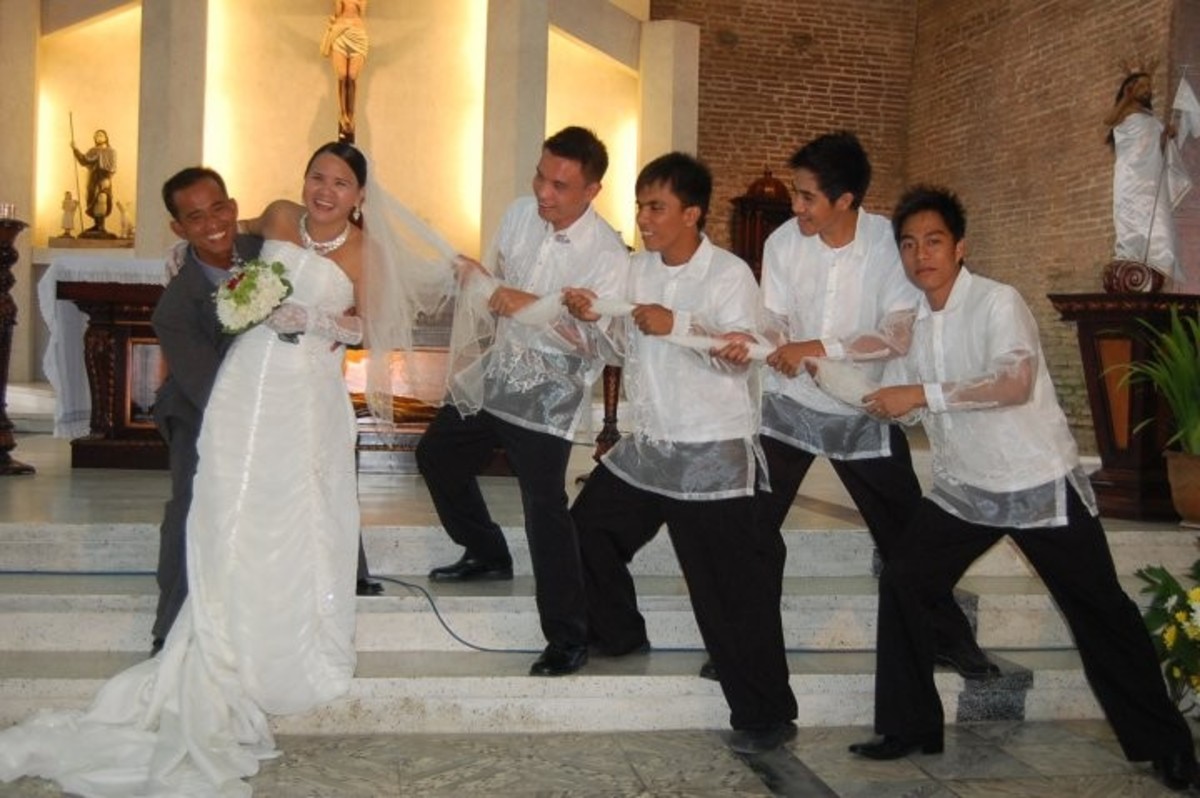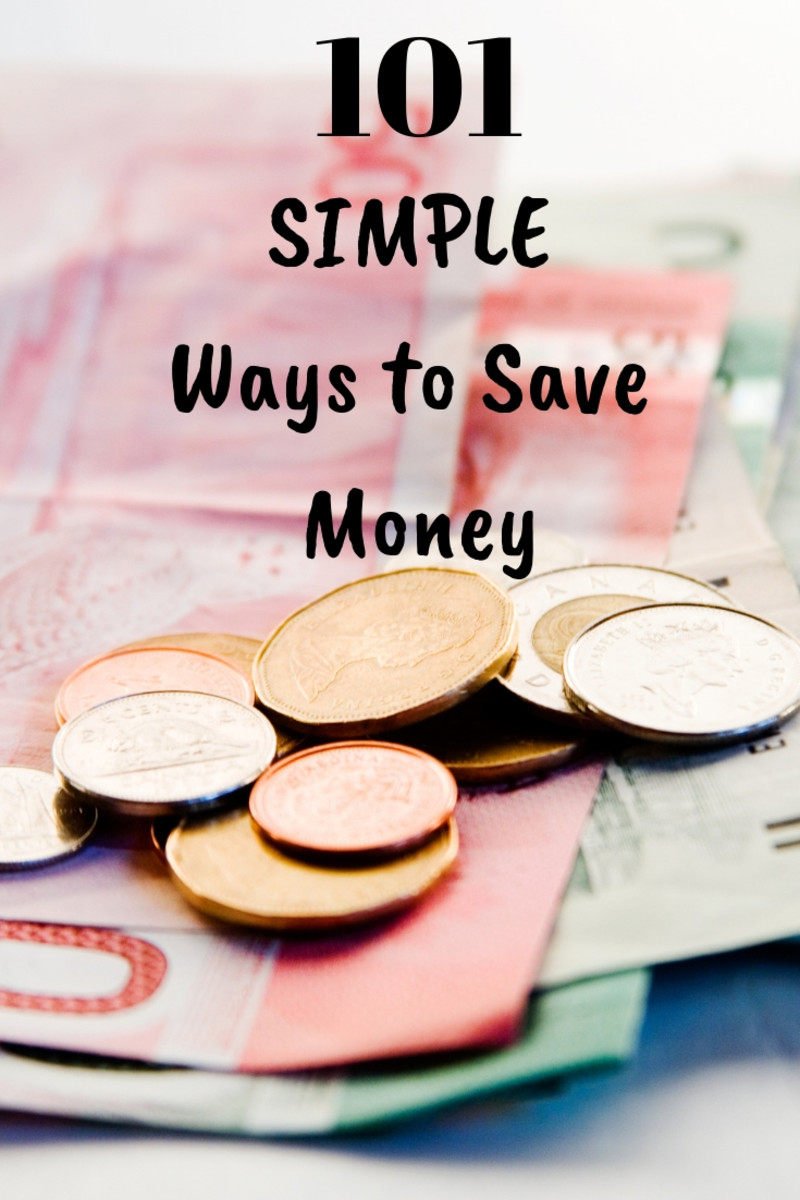The 27 Most Common Wedding Expenses
Nearly all wedding expenses, save state-required blood tests and a marriage license fee, are optional. That said, some hold precedence over others. To help you sort through various wedding expenses, I've grouped them in terms of improtance - from the most essential to the most superfluous.
As you plan your wedding and decide how much money you'd like to save for the event, you can decide how far along this continuum you would like to go.
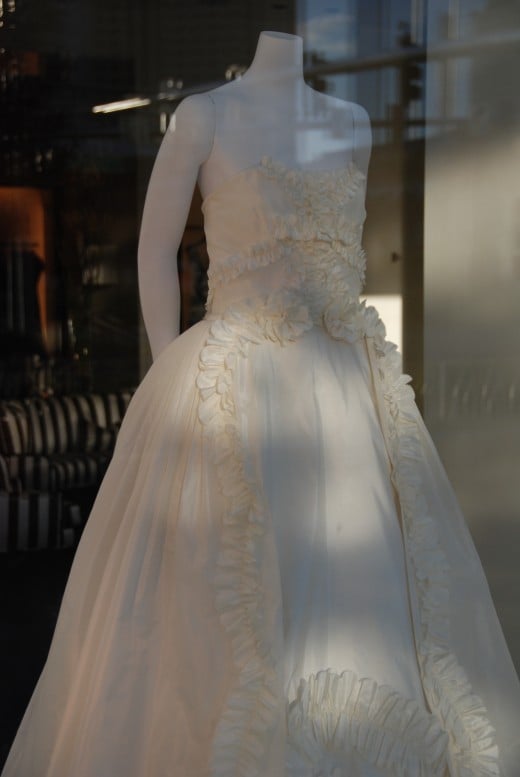
The Essentials
If you want to be legally married, there are two things that you'll defintiely have to pay for, at least in the United States:
- A Marriage License
- Blood tests for the bride and groom (part of the process of obtaining a marriage license)
Fees for marriage licenses vary from $10 to $100 depending on the state in which reside, and depending on your insurance coverage, blood tests can amount to as negligible a price as a $10 copay or even less (plus as LoganG points out in the comments below, not all states even require blood tests). This is quite doable, yes? In that case, you might want to save for something a little less bare bones, no?
Basic Wedding Staples
If you want to have somewhat of a festive wedding, you may consider the following things:
- A ring for the bride and groom
- A meal for friends and family
- Some nice clothes to get married in
- A wedding cake
These basics can allow you to have a ceremony and informal reception with friends, as well as a bit of a feeling of formality and celebration, without spending much. The meal can be as simple as a potluck organized by your family and friends. Nice clothes can include a nice suit and dress already owned by the bride and groom. A wedding cake can be made by a friend, family member, or even the bride and/or groom at home - no large expense needed.
In the end, a wedding at this level would cost little more than a nice backyard barbecue or birthday party. The biggest incremental expense to save for at this spending level would be the rings, and depending on what metals and optional precious stones you use, those might also cost very little.
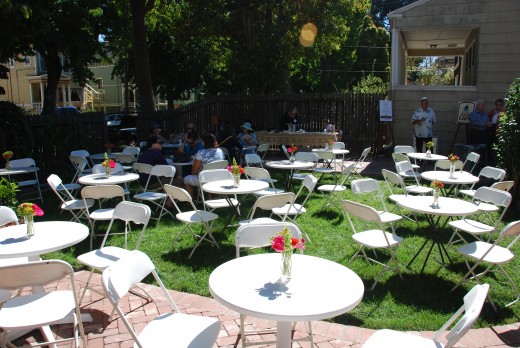

The Classic Acoutrements
Here's the real jumping off point - where the budget takes a departure from that of a run-of-the-mill party to that of a once-in-a-lifetime event. If you're ready to save up for something substantially bigger, these are the basics of your standard wedding-wedding:
- A designated wedding dress for the bride and tuxedo for the groom
- A venue in which the bride and groom may be wed (may be a place of warship, dedicated marriage spot, or the reception venue)
- A bouquet
- A professionally-made wedding cake
- A ceremony held in a formal manner
- A reception held in a professional venue (e.g. somewhere that needs to be reserved, such as a hall, restaurant, historical home, country club, etc...) with food included
At this stage, you can still save a lot of money by going with emailed invitations, iPod managed music for the reception, and crowdsourced wedding photography.
Even if these items work together to create the most simple of "all-out" weddings, they can still be formidable when added together. If you plan on including these elements in your wedding, getting started with a savings plan as early as possible would be a very good idea. You may want to create a designated wedding fund to which you contribute a certain amount of money each month, just to guarantee that you continue to squirrel away money for the big event.

Nice-To-Have Elements
In addition to the "wedding-wedding" classic acoutrements outlined above, you might also like to include...
- Nice invitations
- A limousine for the bridal party
- A DJ for the reception
- Wedding favors
- A professional photographer and/or videographer
- Floral arrangements and decorations beyond what is provided at the marriage and reception venues
... in your wedding.
These elements can cost substantially more, however the extent to which you organize things on your own (e.g. make your own wedding favors, make your own invitations, get a music-savvy friend to act as a DJ, strike a deal with your best-friend-and-florist, etc...) can reduce the amount you will ultimately have to save for.
Decide on what you want to have a luxurious and professional polish and what can be a bit more home-made or inexpensive. This will determine how much more you'll want to save on an incremental basis.
If you've decided to add these extra frills, you might also factor in the potential financial contributions of family members in your wedding. It might be worth it to politely and nonchalantly ask parents how much they might be willing to pitch in for the wedding. Often family members will pay for some of these 'bonus features', which would mean that you would have to save for a bit less.

Lovely Bonuses
Should you want to take your wedding additional steps further, the following luxuries might be considered:
- A honeymoon
- Housing for the wedding party should any be visiting from out of town
- Gifts for the wedding party
Saving for these elements can be done somewhat separately, as they're similar to vacation and holiday expenses. You might consider creating separate funds for these things. The benefit of doing so is that you will be less likely to unknowingly put a detrimnetal dent in your wedding funds by booking an extravagent honeymoon, and you'll be less likely to purchase gifts of a higher total value than what you can afford.
The simplest way to go, then, would be to create a "travel" fund that can go towards your honeymoon, and a "gift" fund that can go toward gifts for the wedding party. If saving for the wedding itself becomes a bigger task than you anticipated, it's not the end of the world that these funds might not reach their goals- they can easily be converted into more generic travel and gift funds for later trips and holiday or birthday gifts to family and the wedding party down the line.
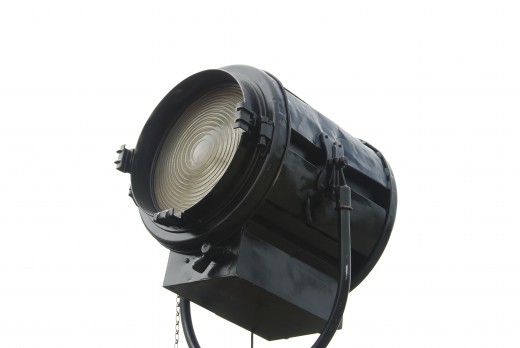
The Gold-Flaked Icing on the Cake
If you want the ultimate wedding (and if you can afford one, or have the time to save for one, why the heck not?), these are some really fun options:
- Corsages for the mothers and grandmothers
- Boutoneers for the usher and groomsmen
- High profile cake
- Designer dresses
- An orchestra
- A high profile venue for the reception
At this level, you'll see that additional expenses don't arise so much from added features, but rather from the caliber of existing features (such as the dress, cake, etc...).
If designer dresses, luxurious locations, and all the trimmings are no brainer elements in your future wedding, chances are that money is not so much of an object for you. That said, it never hurts to create a fund, in the form of a separate account or simple allocation of money, for the wedding so that finances for the event are in one discrete and easy-to-organize and track location. With a fund this large, you might even make a decent amount of interest... so save away!







